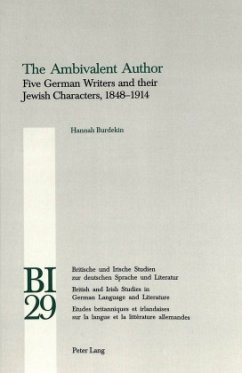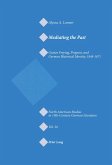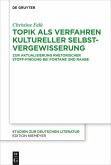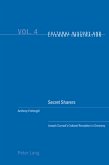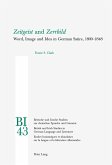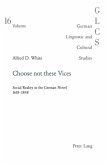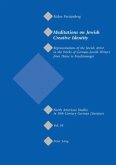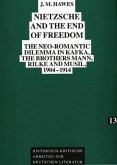This study addresses the problems raised by the ambivalent comments about or portrayals of the Jews to be found in the writings of Gustav Freytag, Wilhelm Raabe, Leopold von Sacher-Masoch, Theodor Fontane and the early Thomas Mann. Why was it that these supposedly tolerant and liberal-minded men could use the language and images of antisemitism in their non-fiction and fiction? The book considers the question within the context of the unequal German-Jewish relationship in the period before, during and after Jewish emancipation. This study exposes the problematic way in which liberal-minded Germans thought about and treated the Jews in the later nineteenth and early twentieth centuries.
Bitte wählen Sie Ihr Anliegen aus.
Rechnungen
Retourenschein anfordern
Bestellstatus
Storno

